Saving energy is key to fighting climate change and reducing the EU’s energy dependency. Find out what MEPs are doing to reduce consumption.
Energy efficiency means using less energy to produce the same result. It enables saving energy and reducing emissions from power plants.
Laws on energy efficiency from 2018 are being revised to help the EU reach new ambitious climate goals set under the 2021 European Green Deal. They will also contribute to reducing Europe’s dependence on fossil fuel imports that come in large part from Russia.
The EU is working in parallel on rules to increase renewable energy.
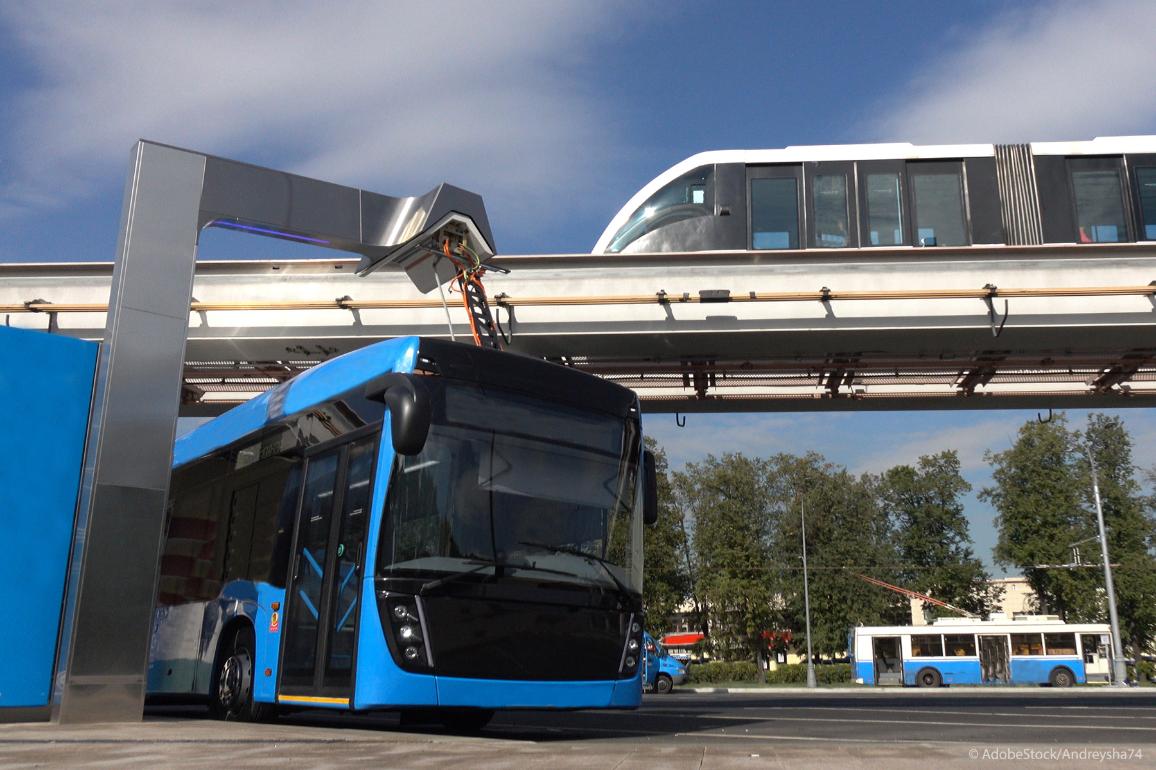
What is the EU doing to promote the development of renewable energy?
|
New energy efficiency targets
Energy efficiency improvements could reduce not only CO2 emissions, but also the EU’s annual €330 billion bill for energy imports. That is why EU lawmakers are working on an update of the 32.5% energy efficiency target for 2030, agreed in the 2018 energy efficiency directive.
New targets, backed by Parliament in September 2022, are a reduction of at least 40% in final energy consumption and 42.5% in primary energy consumption. Final energy consumption refers to the energy used by final consumers (such as electricity consumption by households), whereas primary energy consumption represents the total energy demand within a country (for example fuel burned to produce electricity).
Parliament is expected to take a final vote on this legislation in the December plenary.
Reducing the energy consumption of buildings
One important area for improvement is the heating and cooling of buildings, which accounts for 40% of all the energy consumed in the EU. About 75% of buildings are energy inefficient.
Parliament adopted rules on the energy efficiency of buildings in April 2018 that require EU countries to prepare national long-term strategies to support the renovation of residential and non-residential buildings. The aim was that by 2050 buildings in the EU use hardly any energy.
An ambitious new proposal
In December 2021, as part of the Fit for 55 plan to revise legislation crucial to reducing the EU’s greenhouse gas emissions, the European Commission proposed an update of the energy performance of buildings directive. The aim is to have a zero-emission building stock by 2050. It includes renovation strategies and the requirement for all new buildings in the EU to be zero-emission buildings from 2030, while all new public buildings would be zero-emission as of 2027.
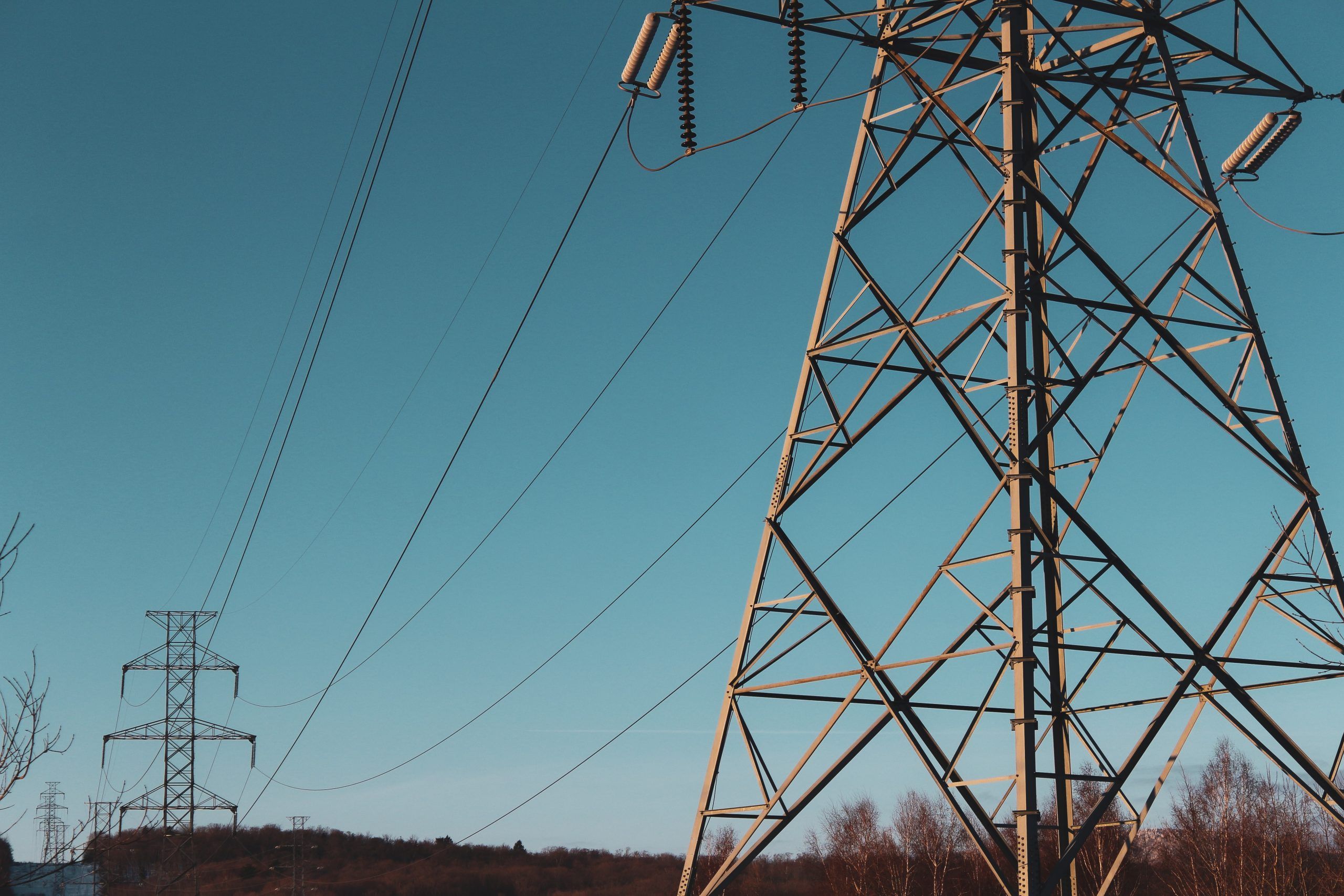
Council of the European Union agrees on stricter standards for energy efficiency of buildings
|
The new rules would substantially reduce greenhouse gas emissions and final energy consumption in the building sector by 2030 and set a long-term vision for an EU buildings sector that is climate neutral by 2050. It would guarantee that all new buildings in the EU meet ambitious zero emission building standards and ensure that all buildings in future – whether new or renovated – are in line with the 2050 climate neutrality requirements.
Buildings to produce their own solar energy
The update would also make it binding on EU countries to ensure that new buildings have solar panels. From the end of 2026 to the end of 2029, it would progressively apply to all new public and commercial buildings with a usable floor of more than 250 m2, all existing public and commercial buildings with the same dimension as well as all new residential buildings.
Parliament is expected to vote on the building rules in December 2022.
Energy efficiency of home appliances
In 2017 Parliament approved simplified energy labels for home appliances, such as lamps, televisions and vacuum cleaners, to make it easier for consumer to compare their energy efficiency.
Source: European Parliament

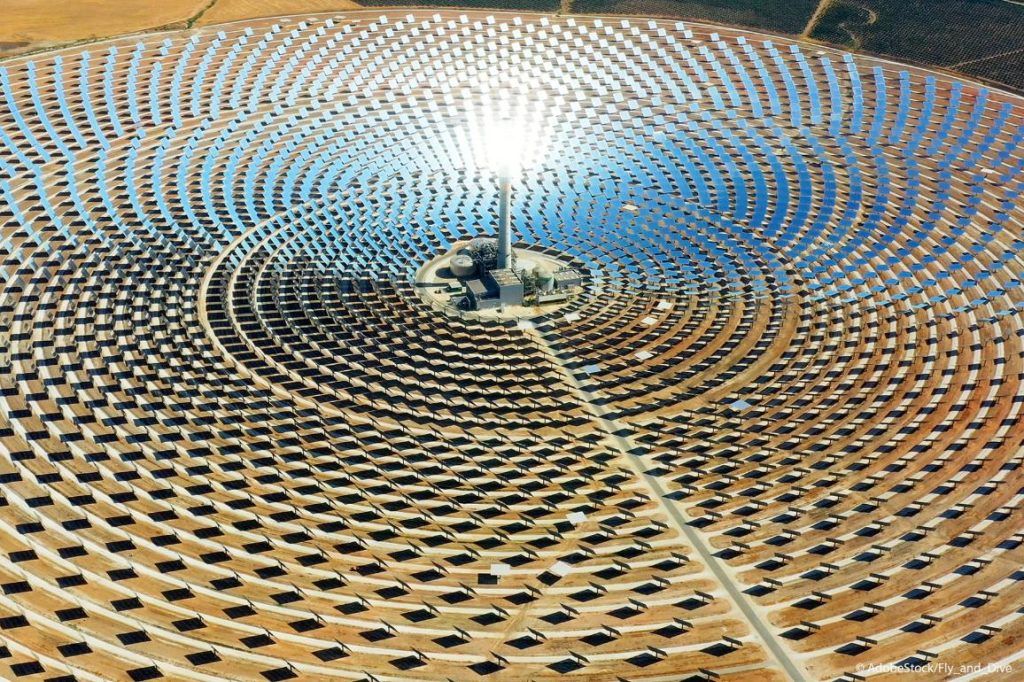

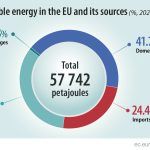
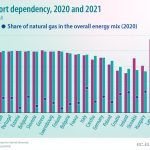


Leave a Reply